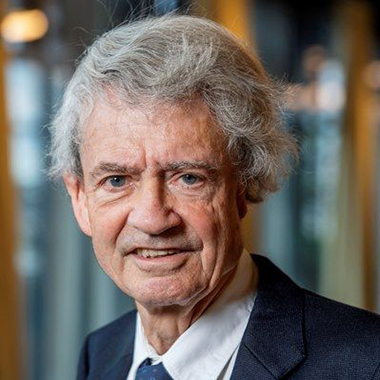Massimo Campanini: Professor Cook, the research project you submitted to the Balzan Foundation focuses on The Formation, Maintenance, and Failure of States in Muslim Societies. Having in mind your previous seminal books such as Hagarism (1977), Early Muslim Dogma (1981), and Commanding Right and Forbidding Wrong in Islamic Thought (2000), it seems that you are now more interested than before in political and institutional problems. How is this new research linked to your past work?
Michael Cook: That’s a question that had never occurred to me, but it’s a good one. Looking back over my publications, I can only find three articles that focus on political history (and no books). One article was a microstudy of the expansion of the first Saudi state into a small region of Eastern Arabia, published as long ago as 1989.
